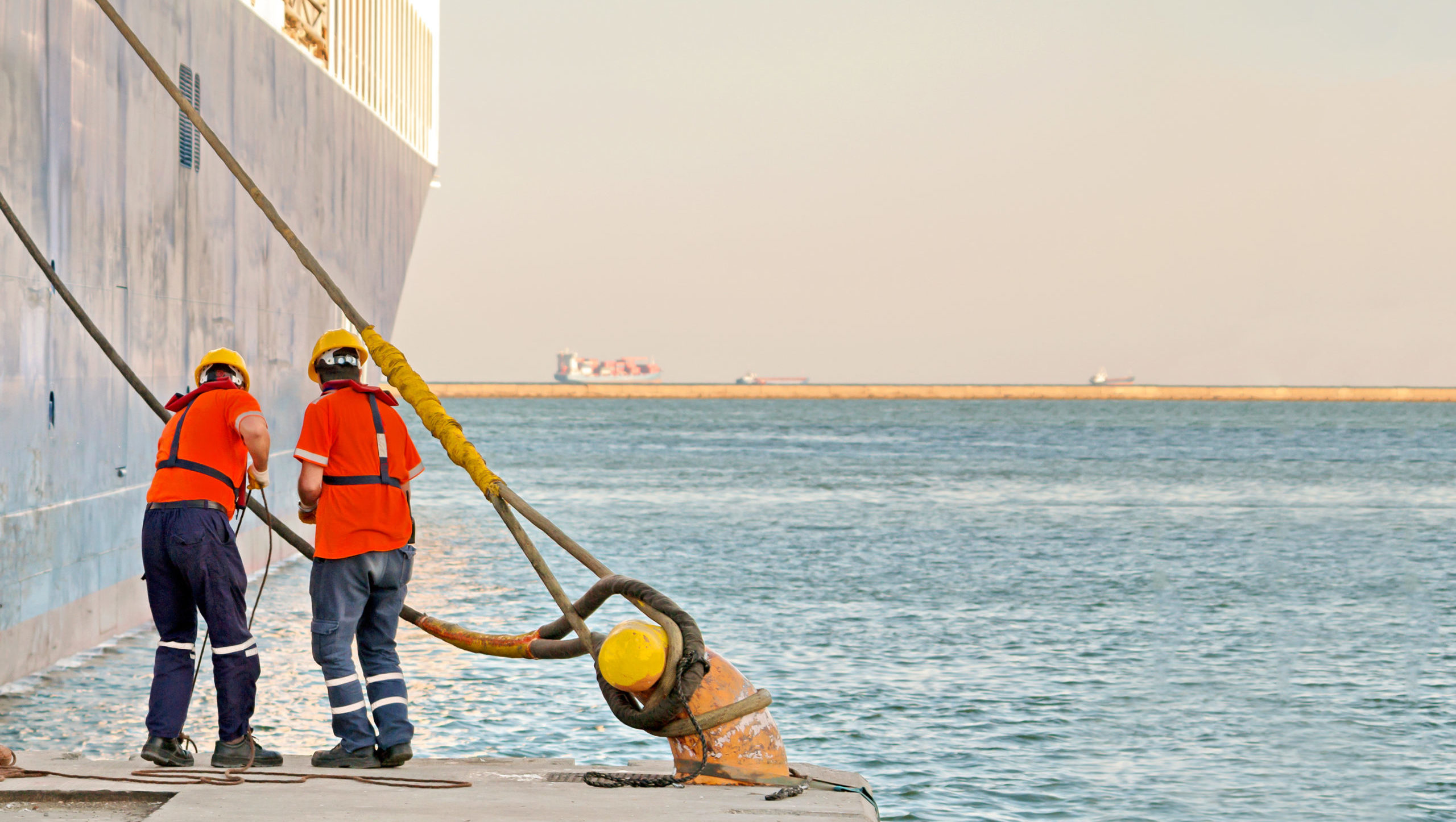The need to recruit reliable and skilled persons for seagoing careers is as old as the
shipping industry itself, and it remains a critical issue for ship operators. Today,
both ship operators and seafarers rely on placement agencies (also called manning
agencies) to connect seafarers with jobs on ships. Ship operators rely on placement
agencies to identify qualified seafarers for their ships’ crews, and seafarers rely on
the agencies to find jobs on ships. Some countries require their citizen seafarers to
use only placement agencies licensed in their country.
The placement agencies have become an accepted and essential component of the
maritime industry. Recruiting seafarers was not always a legitimate undertaking.
The shipping industry’s requirements for large numbers of seafarers to crew sailing
vessels in the eighteenth and nineteenth centuries led to widespread recruiting
abuses. Recruiters, called crimps, employed exploitive, coercive, and violent
methods to intimidate, trick, and even kidnap men to force them into involuntary
labour on ships. The crimps’ outrageous abuses led legislatures in many countries
to enact laws specifically to protect seafarers from exploitative recruiters. As a
result, laws regulating recruiting and placing seafarers have developed separately
from those regulating recruiting shore-based labour.
When the ILO was formed in 1919, it recognized that recruiting seafarers was
an international issue that required international standards. One of the ILO’s
earliest conventions was the 1920 Placing of Seamen Convention (No. 9). That
Convention reflected the persisting bad reputation of seafarers’ recruiters and
crimps by prohibiting commercial or fee-charging seafarers’ placement enterprises.
In 1996 the ILO adopted the Recruitment and Placement of Seafarers Convention
(No. 179) that recognized the reality that most seafarers’ employment came
through private recruiting or placement services and that the industry needed to
be regulated. A fundamental seafarers’ right enshrined in ILO Convention No. 179
and many maritime nations’ laws is that seafarers should not have to pay a fee,
directly or indirectly, for recruiting or providing them employment on a ship.
Ship operators customarily pay the recruiting and placement fees.
MLC 2006 recruitment and placement
The MLC 2006 contains standards for seafarers’ recruiting and placement services
designed to protect seafarers from abuses. In some labour-supplying countries,
seafarers are vulnerable to unscrupulous employment agencies’ unfair practices.
The MLC 2006 levels the playing field by imposing significant responsibilities
on States Parties, which are labour-supplying countries and flag States to protect
seafarers in the recruiting process. The Convention also has considerable ramifications
for labour-supplying countries that have not ratified the MLC 2006.
The MLC 2006 requires member labour-supplying countries to regulate private
seafarer recruitment and placement services through licensing, certification, or
other forms of regulation. To be certified, seafarer recruiting and placement agencies
cannot blacklist seafarers, or charge placement fees directly or indirectly to
seafarers.Agencies must inform seafarers of their contractual rights and obligations
and provide them with a copy or their employment agreement. Agencies
must make sure that seafarers are qualified for and have the necessary documents
for their job and they must ensure that their contracts are legal. They must verify
that shipowners will be able to protect seafarers from being stranded in a foreign
port. Agencies must investigate and respond to any complaint about their
activities and advise the authorities of any unresolved complaint. Agencies must
have either insurance or some other equivalent guarantee to compensate seafarers
for financial losses caused by the agency or by the shipowner’s defaulting on its
contractual obligations. For example, if a shipowner fails to pay earned wages or
repatriation expenses, the recruiting and placement agency must have provisions
in place to cover these obligations to seafarers.
Flag States that have ratified the MLC 2006 will require the owners of ships flying
their flag to use only recruitment and placement services that conform to the
MLC 2006 requirements. If shipowners use recruitment and placement services
in countries that have not ratified the MLC 2006, then they, the shipowners,
must verify that the recruiting and placement services conform to the MLC 2006
requirements.

